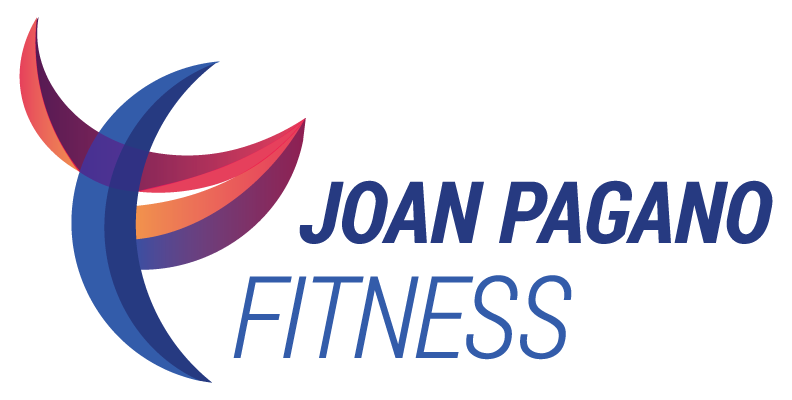Strength Training Tips: Gym in a Basket
In this difficult environment, with gyms and health clubs closed, now is the perfect time to get organized to work out at home. After many years of training clients in their homes, I can assure you that at-home routines are efficient, economical and effective - efficient in that you save time by working out in your own space, at your own convenience; economical in that it requires only a modest investment in equipment and no gym fees; and effective in that you can absolutely achieve the results you want.
Using home-based equipment makes strength training more like a sport, challenging your balance and coordination, as well as your brainpower. The first gains in strength training are neuromuscular, creating new integration between the brain and the body. As you learn proper form to coordinate the movements, the signals to the brain create growth first in the pathways to the brain and then to the muscles and joints directly. To create higher degrees of change, introduce higher amounts of novelty, variability, and challenges.
Begin with 8-10 basic exercises using your own body weight and basic tools like free weights (see my blog post on the Top 10 At-Home Strength Training Exercises). As you progress, add some fun toys like stretch bands and loops, toning and medicine balls. My preferences in equipment choices are based on quality, economy, and safety of use.
Free weights These are usually solid metal covered in gray enamel, chrome, vinyl, or neoprene (which contains latex). Enamel or chrome coating may chip and flake over time, presenting a risk in use. The vinyl and neoprene coatings eliminate this risk, come in bright colors, and are nicer to hold. I prefer neoprene-covered weights because they do not become slippery with sweat. You need two pairs of free weights to start. For women, 3 and 5 pound or 5 and 8 pounds, depending on your starting level; for men, 8 and 12 pound or 10 and 15 pounds, again depending.
Ankle or cuff weights These are either non-adjustable or adjustable. Three pounds is generally a good all-purpose denomination, but the adjustable pairs offer more versatility. These weights can be used alone for certain exercises (like leg lifts) and also can be used in combination with free weights to increase the amount of weight incrementally, e.g. if you only have a set of 5-pound weights, you can wrap one around your wrist to make a total of 8 pounds.
Mats Exercise mats are available in different densities of foam that either fold or roll up, depending on where you plan to store it. Of the foldable exercise mats, I prefer the dense foam, which is stiff to touch but surprisingly resilient to use. Of the roll-up mats, I prefer a soft durable foam because it offers comfortable cushioning with a slightly sticky surface to prevent sliding. A yoga "sticky mat" is great for this too but doesn't offer the same cushioning.
Stretch bands and tubes The quality of bands is the same from reputable brands. Different-colored bands denote different levels of resistance: light, medium, and heavy. Get at least two, either the light and medium or the medium and heavy. The 4-foot length is more versatile than the 3 foot. The rubber tubing comes with handles or foam pads which may be easier to hold. You can also order handles for the stretch bands.
Balls Weighted medicine balls offer options in all different sizes and weights. You might start with a 6-8-inch unweighted ball (a beach ball is fine) and progress to a rubber or gel-filled medicine ball, 2-15 pounds. Toning balls are generally smaller than medicine balls and often have a soft exterior, making them comfortable to hold. I personally like to work with a 4-pound toning ball because it offers good midlevel resistance.
A physio ball (aka stability or Swiss ball) adds a useful dimension to a home-based program. It creates additional stabilization challenges to basic strength training exercises and provides a convenient base for enhanced stretching.
There are many other items you can add to this basic list to create even more variety in your home fitness program, such as weighted bars, step platforms, foam rollers and balance disks.
So where do you store your equipment if you have limited space? My clients developed ingenious methods for storing their equipment in NYC apartments, such as using:
A decorative basket on display in the room
A tote bag tucked away in a closet
A large wicker basket under the dining room table
A sturdy cardboard box under a chair
A cabinet dedicated to gym gear
Where there's a will, there's a way!
© Copyright – Joan L. Pagano. All Rights Reserved Worldwide.
For more trainer tips on equipment resources and expert guidance on how to create a safe and effective strength training program in your own home, please check out the book Strength Training Exercises for Women by Joan Pagano at http://bit.ly/JPFSTEW.

